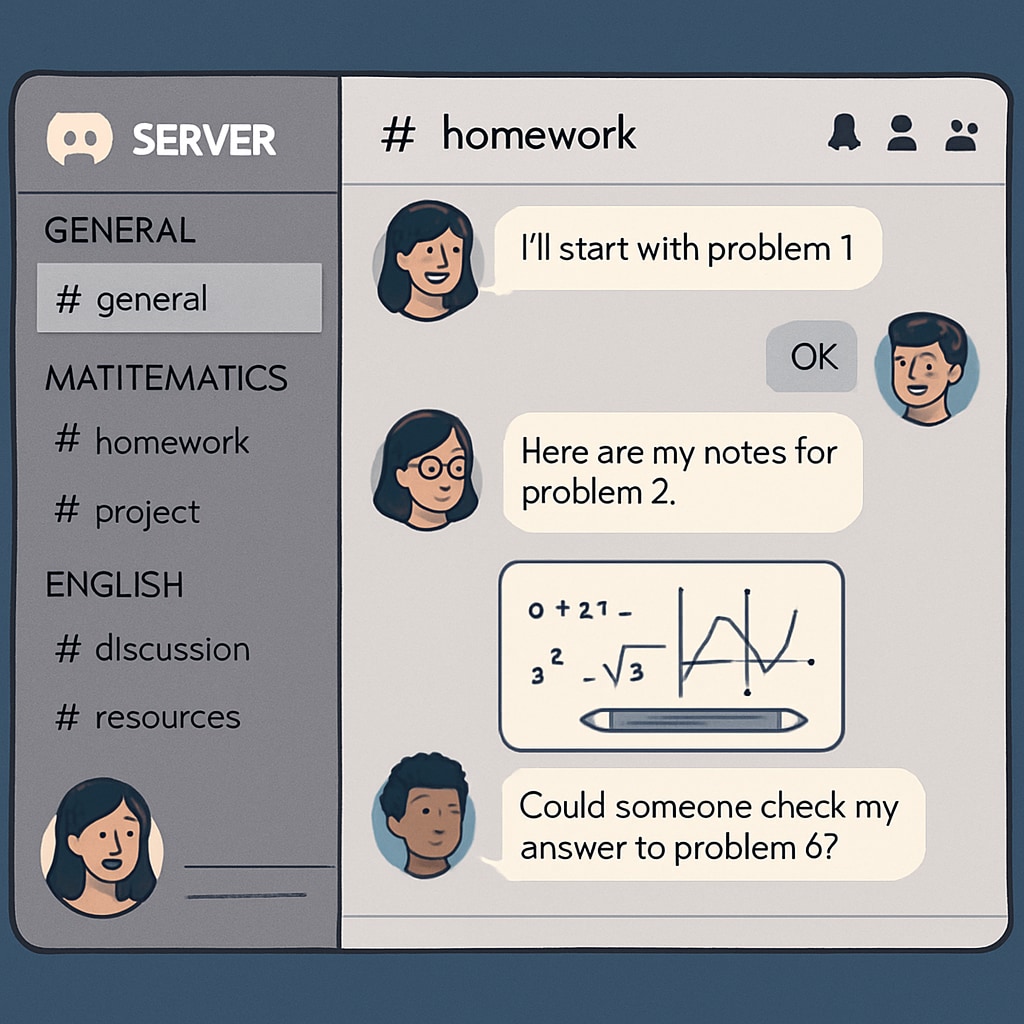In today’s shifting educational landscape, tools like study groups and digital platforms such as Discord are revolutionizing how students learn and collaborate. At the University of Houston, these methods have become integral to academic success, offering a blueprint for how K12 educators can adopt similar approaches. By leveraging study groups and Discord, students are developing essential skills such as teamwork, communication, and problem-solving—skills critical for future success.
Why Study Groups Are Essential in Modern Education
Study groups have long been a cornerstone of collaborative learning. They allow students to share knowledge, clarify doubts, and tackle complex problems together. Research shows that peer learning not only improves academic performance but also builds soft skills like leadership and empathy, which are vital for personal and professional growth.
At the University of Houston, study groups are more than just a meeting of minds—they are structured environments where students can engage with course material at a deeper level. For example, peer-led study sessions often incorporate diverse learning strategies such as brainstorming, role-playing, and collaborative note-taking. These methods ensure that students not only understand the material but also learn how to apply it in real-world scenarios.

How Discord is Transforming Academic Collaboration
Discord, originally designed for gaming communities, has now found a home in education. Its versatility, real-time communication features, and ease of use make it an ideal platform for academic collaboration. At the University of Houston, many students and study groups create dedicated Discord servers to organize their discussions, share resources, and conduct virtual study sessions.
Key features like voice channels, screen sharing, and document uploads make Discord a one-stop solution for both synchronous and asynchronous learning. Additionally, its customizable roles and permissions allow administrators to create structured environments conducive to focused study. For instance, a math study group may have separate channels for algebra, calculus, and statistics, ensuring that discussions remain organized and relevant.
Discord also fosters inclusivity by allowing remote participation. This is particularly beneficial for students who may face challenges attending in-person sessions, such as those with disabilities or who live far from campus. By bridging the gap between physical and digital learning spaces, Discord is democratizing access to educational opportunities.

Lessons from the University of Houston for K12 Educators
The University of Houston’s success with study groups and Discord offers valuable insights for K12 educators looking to enhance collaborative learning. Here are a few actionable steps to consider:
- Organize Structured Study Groups: Encourage students to form groups and provide guidelines on effective collaboration. Assign rotating leadership roles to ensure all members contribute equally.
- Leverage Digital Platforms: Introduce platforms like Discord to facilitate communication and resource sharing. Offer training to help students and teachers navigate these tools effectively.
- Integrate Soft Skills Training: Use collaborative activities to teach skills like communication, conflict resolution, and time management, which are essential in today’s workforce.
- Monitor and Support: Regularly check in with study groups to provide feedback and address challenges. This ensures that the groups remain productive and aligned with learning objectives.
By adopting these strategies, K12 educators can create a dynamic learning ecosystem where students feel empowered to take charge of their education while developing critical life skills.
The Future of Collaborative Learning
As education continues to evolve, the integration of study groups and digital platforms like Discord will play an increasingly important role. These tools not only enhance academic performance but also prepare students for the collaborative, tech-driven world they will enter after graduation. The University of Houston serves as a compelling example of how institutions can harness these resources to foster a culture of innovation and inclusivity.
Whether you’re a university administrator or a K12 educator, the message is clear: collaboration is key. By embracing study groups and platforms like Discord, educators can create a learning environment that is engaging, effective, and future-ready.
For more information on collaborative learning techniques, visit Collaborative Learning on Wikipedia or explore Education Resources on Britannica.
Readability guidance: Use short paragraphs and lists to summarize key points. Ensure a balance between academic and conversational tone to maintain reader engagement.


